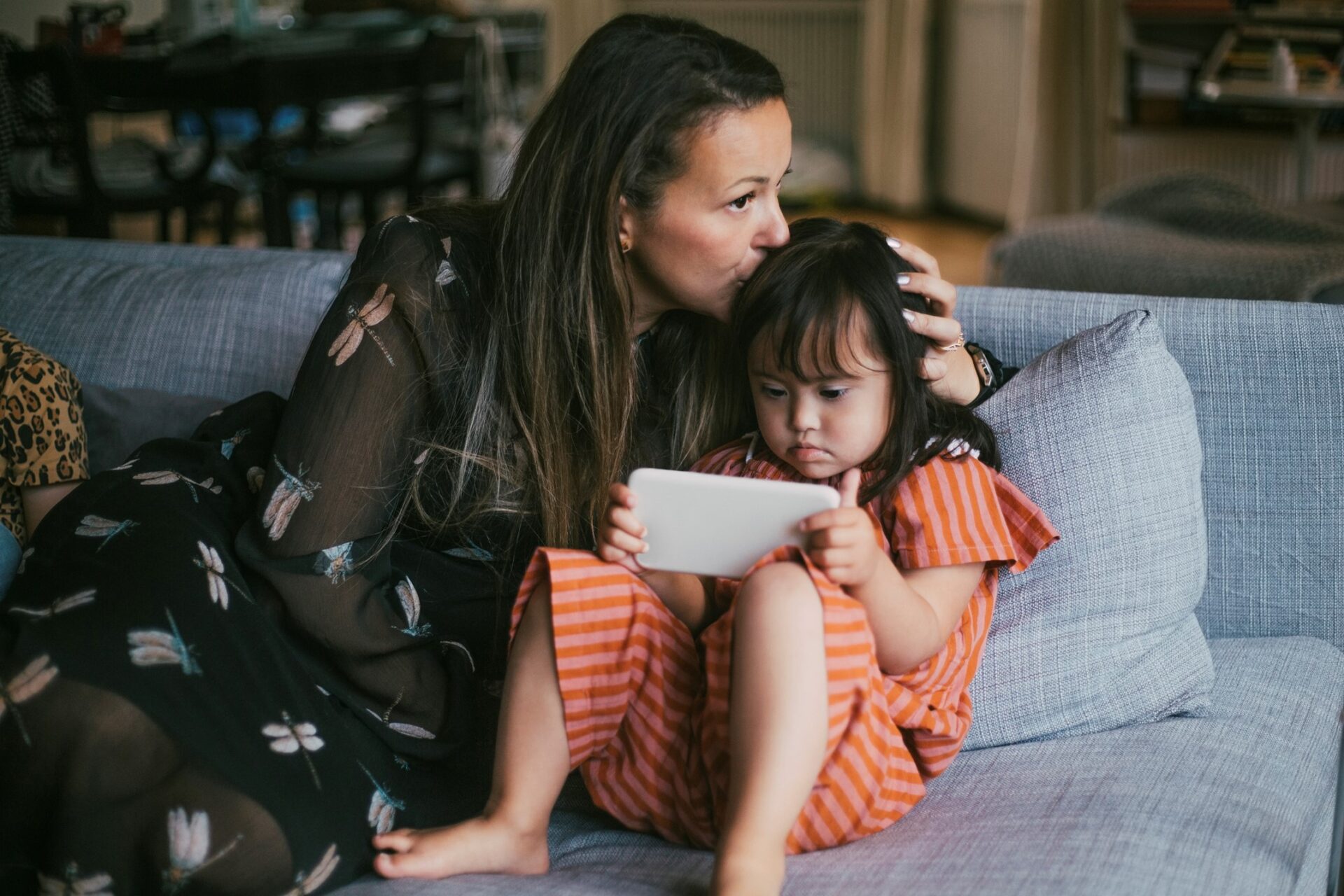Written by: Melanie Usher

In this digital age, our world is increasingly interconnected, with a staggering 5.18 billion individuals currently active on the internet. This vast number, while remarkable, raises significant concerns when contemplating the potential risks related to who these individuals are, the platforms they engage with, their geographic locations, and, most importantly, the level of access they have to vulnerable people.
The internet is a place where children can access various online services and apps, enabling them to communicate, learn, and explore. Children today are more digitally savvy than ever before, but they can also be vulnerable to the potential dangers that exist online. They may be engaging in online conversations with individuals they’ve never met in person, using various messaging apps, social media platforms, and online forums. This digital exposure has its advantages, but it also poses risks, such as cyberbullying, exposure to inappropriate content, and even the possibility of interacting with individuals with malicious intentions.
With this in mind, the concept of “online safety” becomes increasingly more complex and daunting as it has taken on new dimensions and is not solely about teaching children not to talk to strangers. Instead, it is about educating them on responsible online behaviour, privacy protection, and digital literacy. At Saffron, we recognize that for many parents and caregivers, it can be tempting to consider taking all electronic devices and internet access away from youth for their safety. Although this would help to guarantee safety in the online world, it is not feasible or realistic.
Being a parent and guardian is not easy, and we are here to help alleviate some of that stress by providing tools to foster a safe way to balance your child’s life both online and offline. One of the ways that we can effectively create such a balance is through parental controls, which are software tools that enable parents or guardians to monitor and limit what their child sees and does online. Combined with privacy settings, parental controls can help caregivers protect children from inappropriate content, online grooming, cyberbullying, and other online safety issues.
Parental controls can take on various forms, adapting to the diverse needs and developmental stages of children. The extent of restrictions and safeguards applied may vary significantly with the child’s age. When it comes to younger children who are among the most vulnerable members of society, it is crucial to tailor parental controls to their unique requirements. Younger children are at a stage of life where their cognitive and emotional development is still in its early phases. This means they often lack the ability to fully comprehend the potential risks and consequences of their actions, especially when interacting with digital devices and the internet. As a result, parental controls for this age group should focus on providing as safe and secure an online environment as possible. In this context, parental controls for younger children may encompass features such as content filtering, time restrictions, game and app restrictions, privacy and social media controls, and location monitoring.
As kids get older, you may consider discussing parental control apps and restrictions with them. It is expected to feel somewhat reluctant or guilty to raise the topic or suggest to young people the idea of overseeing the activity on their devices. Parents often worry about how this might affect the relationship dynamics between them and their children. These concerns are valid, and as a result, we have developed several steps to help parents and guardians effectively initiate a conversation about parental controls.
- Discuss your intentions behind it: Clearly state the reasons for wanting to set up parental controls. Emphasize that it’s not about mistrust but about ensuring they have a safe online experience.
- Express your concerns: Start by expressing your concern for their safety and well-being. Use “I” statements to make it clear that this is coming from a place of love and care, such as, “I’m worried about your online safety…”
- Respect their privacy: Let your child know that you respect their privacy and will not be monitoring their every move but are there to support them.
As parents and caregivers, it is essential that we actively engage in our children’s digital lives, monitoring their online activities and guiding them to make informed decisions. Parental controls may play a role in this process, offering a balanced approach that helps ensure safety while respecting a child’s boundaries. To discover more about parental controls, how to configure privacy settings, and explore available apps to stay involved in your children’s lives, please click the link below:
